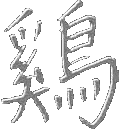Just after Christmas, a link to a post that had been written by +Tony Proctor was shared on the mailing list. Tony's post can be read HERE. (Before I proceed further, the title of this post was initially used by +Jim Benedict and seems to fit the bill rather nicely, so it is correct that I acknowledge Jim)
Tony's post is thought provoking and clearly others on the Guild mailing list thought the same. I have been reading and contemplating since last Thursday and wonder if we are making genealogy too complicated?Hold that thought for a moment!
When we start researching, we are all I am sure a little careless when we come to noting down where we obtained information from. I know I was and that was back in the mid 1980's. Since then with over 25 years of experience and a history degree under my belt I am more careful, but on rare occasions I have had sources slip through the net. What can I say, it happens and I am human! In those situations I have had to back track through the documents so that I could clarify the actual and correct source.
Whatever the fact is, we need to be able to support that fact with a source. Now that may be a document or a statement of oral history or perhaps a combination of those things. It is the combination of those things that can perhaps fill gaps where there is an error or potential for error.
I will give you an example. A baptism certificate written by the Church just after the proceedings. The name on the certificate is incorrect. How can that be? I have a genuine written piece of paper to prove it....or do I? Well yes, I do have a genuine piece of paper, written by the vicar at the time. The date is right and the first forename is correct, but the middle name is incorrect. To be absolutely sure a search of the births register for the year preceding the event is searched. There are none. A search for any births with that combination of name is conducted in the County, again there are none. Then the search is extended further to the Country. Again there are none.
I can though provide with the baptism certificate a birth certificate of the actual birth with the correct name and the birth certificate with the mother's name which is correct. I can also add to that a paragraph of oral history from me with a hypothesis of how the vicar came to make the error in the first place.
In the previous example we have started with the evidence and worked backwards to substantiate it. Now I am going to share a fact that is true and will form part of my oral history. I will then present a series of potential and documentary evidence which should prove the initial statement.
As I write this my Mum is in hospital. I can tell you when she was admitted. How can I prove it? Well the Ambulance crew who attended to Mum have recorded the events and should have left Mum a copy (they didn't and that is another story!). Mum was admitted to the hospital at accident and emergency and then to an assessment ward. The only proof I can provide is the official response from the hospital in regard to a complaint that I made and I was with Mum as she was transferred to the ward. Having been admitted to that ward, she was then moved to another ward at 4am the following morning some 5 hours later. The only proof I have is what is documented in Mum's medical notes and my oral history that I visited her on the new ward twice daily for over ten days. Then on day eleven I was with her when she was moved to another ward which specialised with the diagnosis that Mum has.
Medical Records here in the UK are subject to Access to Medical Report 1988, therefore they are available to the patient only if it does not cause detriment to the patient involved. Limited access can be granted in the form of a statement to third parties for example insurance companies and alike. Access to historical medical records are sealed for 100 years from the last entry, if they have survived. Medical Records is the subject of a forthcoming article published on the regular column of Across the Pond published by the In-Depth Genealogist.
As to absolute proof, does it exist in the genealogical & historical field? No, it does not. Examples of official documents such as births, marriages and deaths that have been recorded incorrectly exist. An error, by omission in relation to cremation records exists with regard to my late father in law. In that instance some material was deliberately left out, which will undoubtedly cause problems in the future to those researching the family, and a fellow Guild of One Name Studies member!
What is important is that books such as these:
- Evidence Explained by Elizabeth Shown Mills
- Mastering Genealogical Proof by Thomas W Jones
Both of these books exist to educate and inform genealogists, and encourage best practice. It is important to identify that records outside of the United States exist in a different form or maybe given different names. However despite this it is imperative that genealogists understand how to and what to extract and record in relation to citations. If the theory is understood then adapting the theory to the records of a specific country or unusual source is much easier and will be consistent across the genealogy of the researcher.
Back to my original question, are we making genealogy too complicated? Yes, perhaps on the face of it we are, but if sources and the format of material is recorded accurately then someone in the future can easily locate the material and follow your paper trail which will enable another genealogist to concur with your findings or alternatively prove or disprove your recorded hypothesis. Furthermore, reading these books will open your mind to sources and material that perhaps is not absolutely obvious.
This has been an interesting discussion and debating point which has distracted me from a few other issues. I have enjoyed contemplating it and writing this post; and I hope you enjoy reading it.



.JPG)



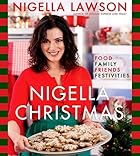








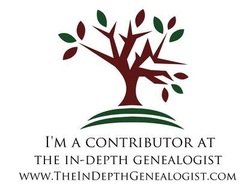
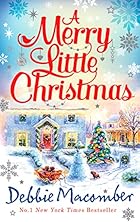




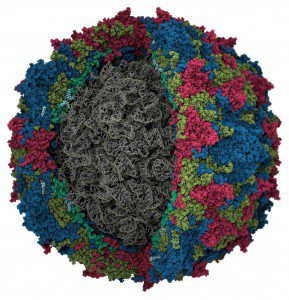



.JPG)







